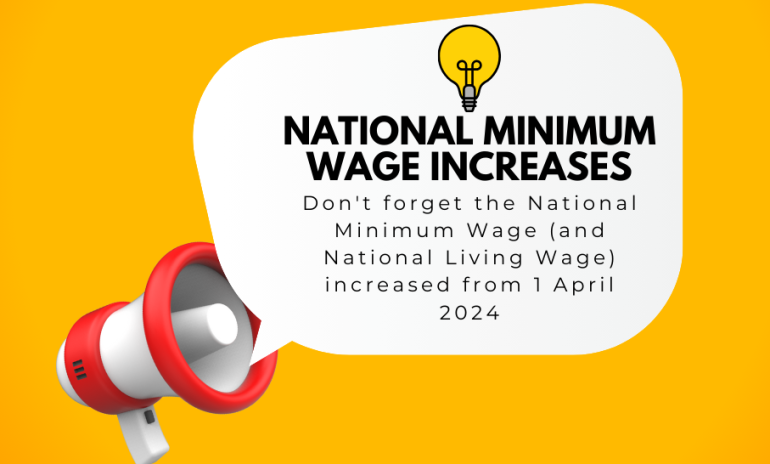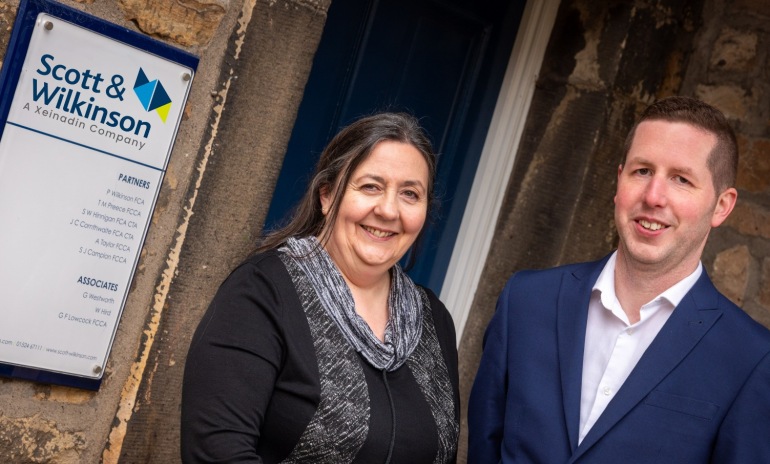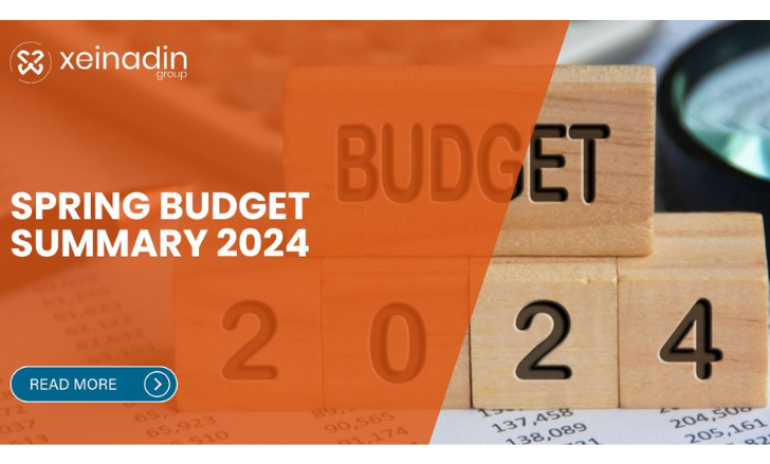Late Payments: The Difference between Small and Large Firms
Date: 23/08/16

Recently, we published an article entitled Late Payments: How to Claim Interest, and we thought it might be appropriate to go into some more detail about situations in which claiming late payment is not the best tactic.
You may be aware of the supplier’s right to claim interest in the case of non-payment from a customer, and the steps of communication that can make this simple right a powerful tool for incentivising timely payment.
However, for larger customers, who don’t tend to have the same issues with cashflow, the motivation for late payment is unlikely to be that they simply don’t have enough money in the bank this month, or that there is a queue of creditors to work through before they can pay your invoice.
Key to managing relationships with larger business customers is understanding how they work. Big businesses do not generally have to schedule their payments to suppliers to fit in with payments coming in – they won’t be waiting for their customers to pay them before they can address your invoices. Instead, there is more likely to be a fixed system in place, and your invoice goes through this system before payments come out of the other end.
In this situation, it can be more effective to try to understand the system and work out how to make sure your invoices are dealt with promptly, rather than charging interest to a customer who, due to their size, may be key to your business’s success. Are your invoices clear? Are they being sent to the right person within the customer’s company? Crucially, do you have a purchase order reference?
The problem that many smaller business owners have is that a) they often don’t look at the terms of business well enough, and b) they aren’t aware of the importance of getting the right documentation to the right people at the right time.
If you would like to learn more about improving your cashflow then please do not hesitate to contact the office.

Author: Alan Taylor FCCA
A former pupil at Ripley St Thomas C of E High School in Lancaster, Alan joined Scott & Wilkinson directly from school in 1994 and qualified as an Accountant in 2001. Alan is responsible for a variety of clients operating in...
0 Comment
Add your Comment
We have the ability to edit and/or delete posts and comments. Links should be relevant to the topics. Please note all comments are subject to review before inclusion.














Nobody has commented yet. Why not add one?